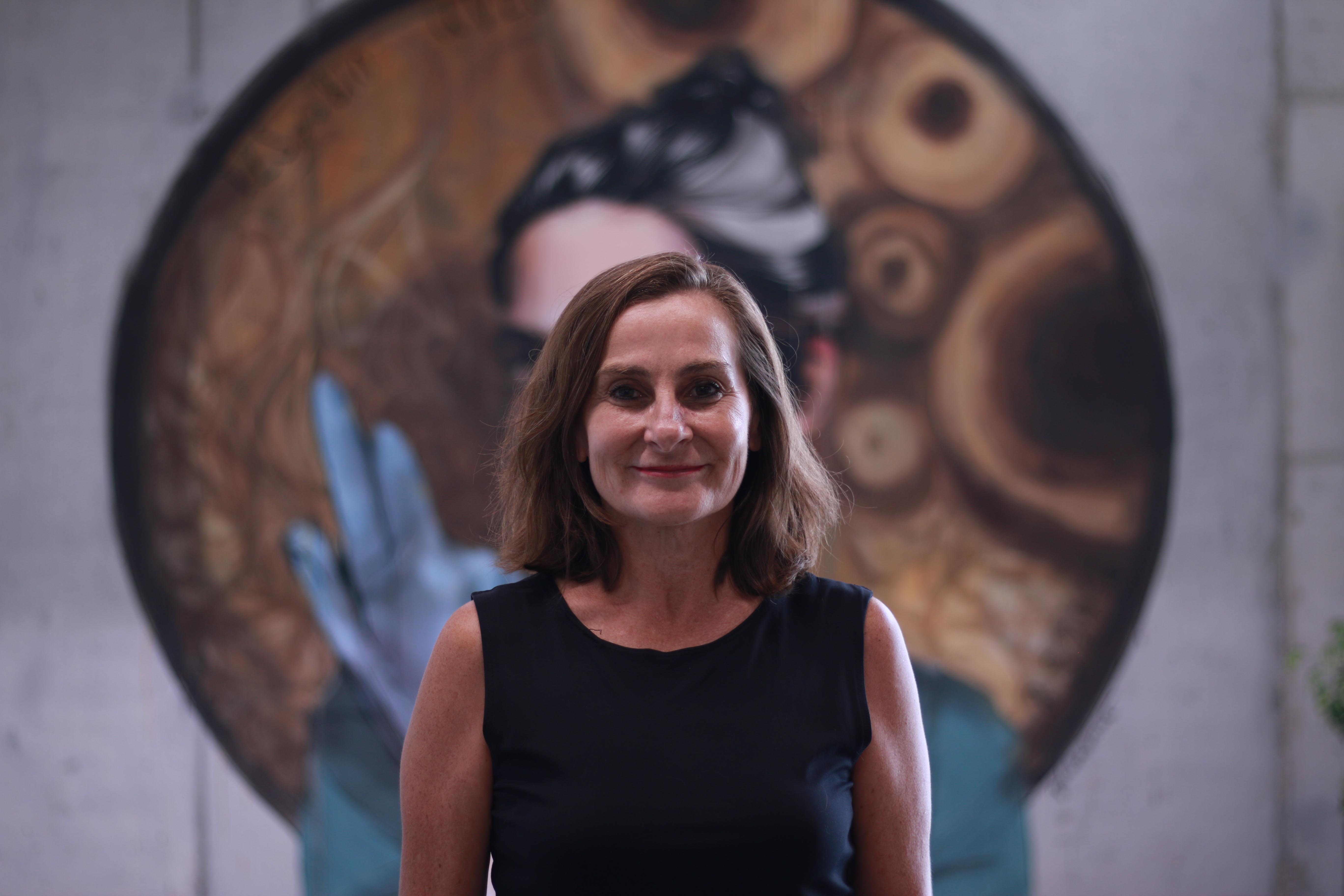Users
Social media
- More details here...
- Address
Parc Científic de la Universitat de València C/
Catedrático Agustín Escardino, 9
46980 Paterna (Valencia) Spain - Email:
iu.i2sysbio@uv.es - Phone:
(+34) 963544810
- Address
Links
Ana Conesa, researcher at I2SysBio, elected Vice-President of the International Society for Computational Biology

Investigation
Ana Conesa, researcher at I2SysBio, elected Vice-President of the International Society for Computational Biology
Ana Conesa, a researcher at the Institute of Systems Biology (I2SysBio, a joint UV/CSIC centre), has been appointed Vice-President of the International Society for Computational Biology (ISCB), a global academic society that brings together researchers in computational biology and bioinformatics and is dedicated to improving the scientific and social impact of these disciplines.
Conesa is internationally renowned for her contributions to the field of computational biology and bioinformatics. An ISCB Fellow since 2023, the researcher said she was deeply honoured by this appointment and remarked that "we are living in an exciting time for our field and a challenging time for science". "I hope to contribute to the ISCB's continued role as a driving force for scientific discovery and collaboration in computational biology worldwide," she added.
Both Conesa and Bonnie Berger, who was elected president of the ISCB in the same process, will officially take office in January 2026, following a transition period.
The challenges facing the ISCB: AI and defending the scientific method
According to Conesa, the ISCB faces two major challenges in the near future: defending the scientific method and guiding the responsible and sustainable integration of AI into science.
"Firstly, we are witnessing a worrying decline in trust in science. The growing tendency to question data and scientific rigour in favour of personal or political interests threatens not only our ability to generate new knowledge, but also the very definition of truth and evidence-based decision-making," says the researcher, adding that "in this context, defending the scientific method and its values becomes essential".
Secondly, Conesa points out that "the rapid integration of artificial intelligence into science presents both a huge opportunity and a series of pressing responsibilities."
"In computational biology, AI is already transforming the way we analyse and interpret complex data, accelerating discoveries at an unprecedented rate. However, this transformation also depends on the continued availability of open and shared datasets, which must remain a cornerstone of our field. At the same time, AI poses new challenges, such as algorithmic bias, transparency, and significant environmental costs," she explains.
In this regard, Conesa emphasised that the ISCB "must lead the promotion of responsible and sustainable AI through the development of community-driven tools, standards, and best practices."
Ana Conesa Cegarra
Ana Conesa is a research professor at the Spanish National Research Council (CSIC) and an associate professor at the University of Florida (USA). She is a full member of the Royal Academy of Engineering of Spain, an honorary member of the Spanish Society for Bioinformatics and Computational Biology, and a member of the Board of Directors of the International Society for Computational Biology.
Her laboratory, ConesaLab (Conesalab), develops bioinformatic methods and tools to analyse various aspects of transcriptome biology, including RNA processing, dynamic changes, regulation, interactions and function. ConesaLab has developed more than twenty software tools that are used by tens of thousands of researchers worldwide. It has also pioneered the development of computational methods for applying single-molecule sequencing technologies to transcriptome analysis.
Conesa has led numerous international projects and research consortia in computational biology, coordinating more than thirty international teams and securing funding from the European Commission, the US National Institutes of Health (NIH), the National Science Foundation and NASA, among others. She serves as an advisor to funding agencies and research institutes around the world and has designed and taught bioinformatics courses on five continents, training more than a thousand researchers. She is also the founder and former scientific director of Biobam Bioinformatics, a company that develops easy-to-use software for genomic research.


